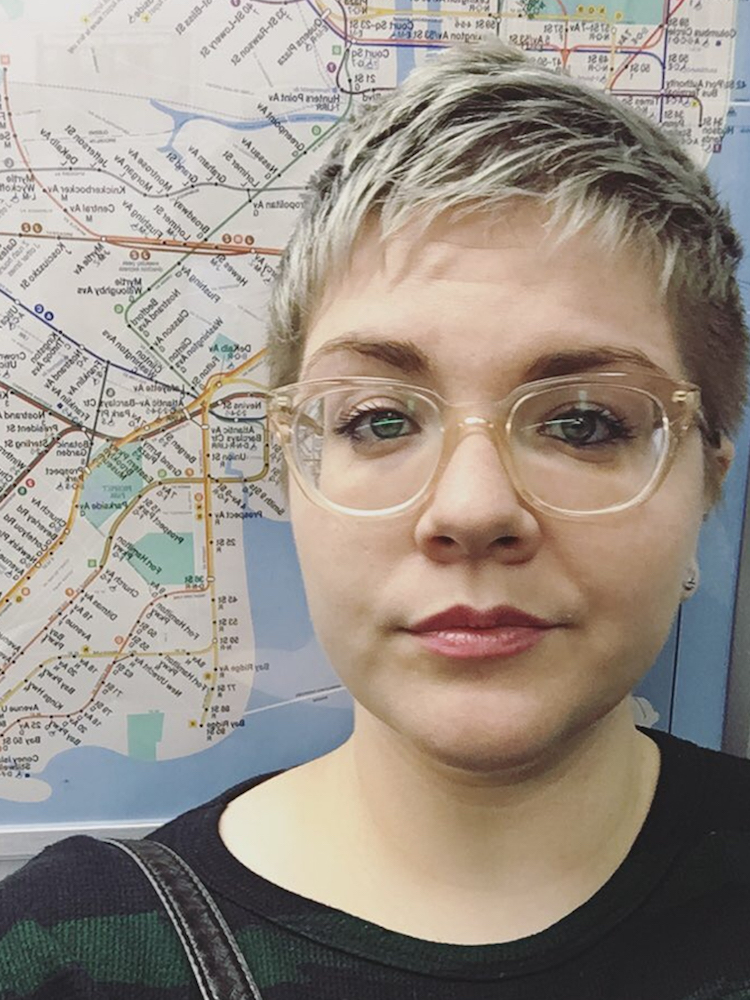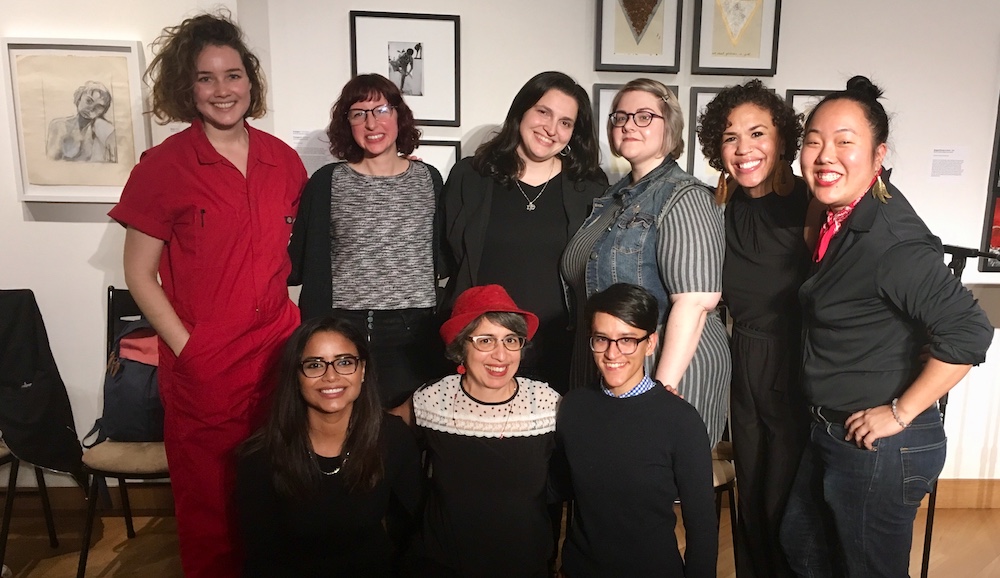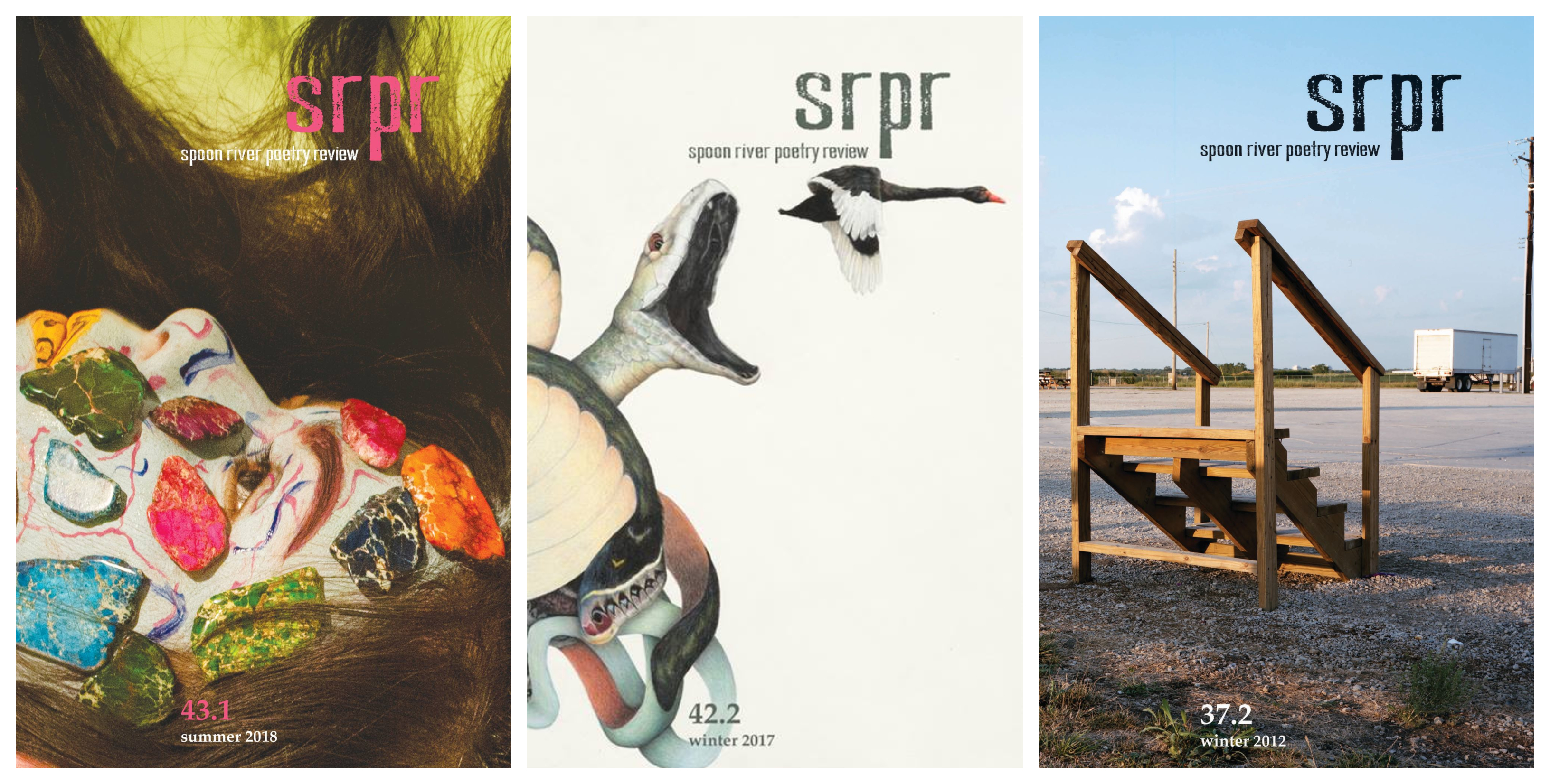Powers, Gander Win 2019 Pulitzer Prizes
This afternoon the winners of the 2019 Pulitzer Prizes were announced at Columbia University in New York City. The annual $15,000 prizes are given for works of journalism and literature published during the previous year. First awarded in 1917, the Pulitzer Prizes are considered among the most prestigious prizes in American letters.
The award in fiction went to Richard Powers for his novel The Overstory (Norton). The finalists were Rebecca Makkai for The Great Believers (Viking) and Tommy Orange for There There (Knopf).
Forrest Gander won the award in poetry for Be With (New Directions). The finalists were Jos Charles for feeld (Milkweed Editions) and A. E. Stallings for Like (Farrar, Straus and Giroux).
Jeffrey C. Stewart won the award in biography for The New Negro: The Life of Alain Locke (Oxford University Press). The finalists were Max Boot for The Road Not Taken: Edward Lansdale and the American Tragedy in Vietnam (Norton) and Caroline Weber for Proust’s Duchess: How Three Celebrated Women Captured the Imagination of Fin-de-Siècle Paris (Knopf).
The nonfiction award went to Eliza Griswold for Amity and Prosperity: One Family and the Fracturing of America (Farrar, Straus and Giroux). The finalists were Elizabeth Rush for Rising: Dispatches From the New American Shore (Milkweed Editions) and Bernice Yeung for In a Day’s Work: The Fight to End Sexual Violence Against America’s Most Vulnerable Workers (New Press).
David W. Blight won the award in history of the United States for Frederick Douglass: Prophet of Freedom (Simon & Schuster). The finalists were W. Fitzhugh Brundage for Civilizing Torture: An American Tradition (Belknap) and Victoria Johnson for American Eden: David Hosack, Botany, and Medicine in the Garden of the Early Republic (Norton).
Each year the Pulitzer Prizes receive nearly 1,400 submissions for its five book categories. The 2018 winners included poet Frank Bidart, fiction writer Andrew Sean Greer, and nonfiction writer Caroline Fraser.
Read more about Powers’s winning book in “A Talk in the Woods: Barbara Kingsolver and Richard Powers” from the November/December 2018 issue of Poets & Writers Magazine.
Photo: Richard Powers







 When I entered the
When I entered the 
